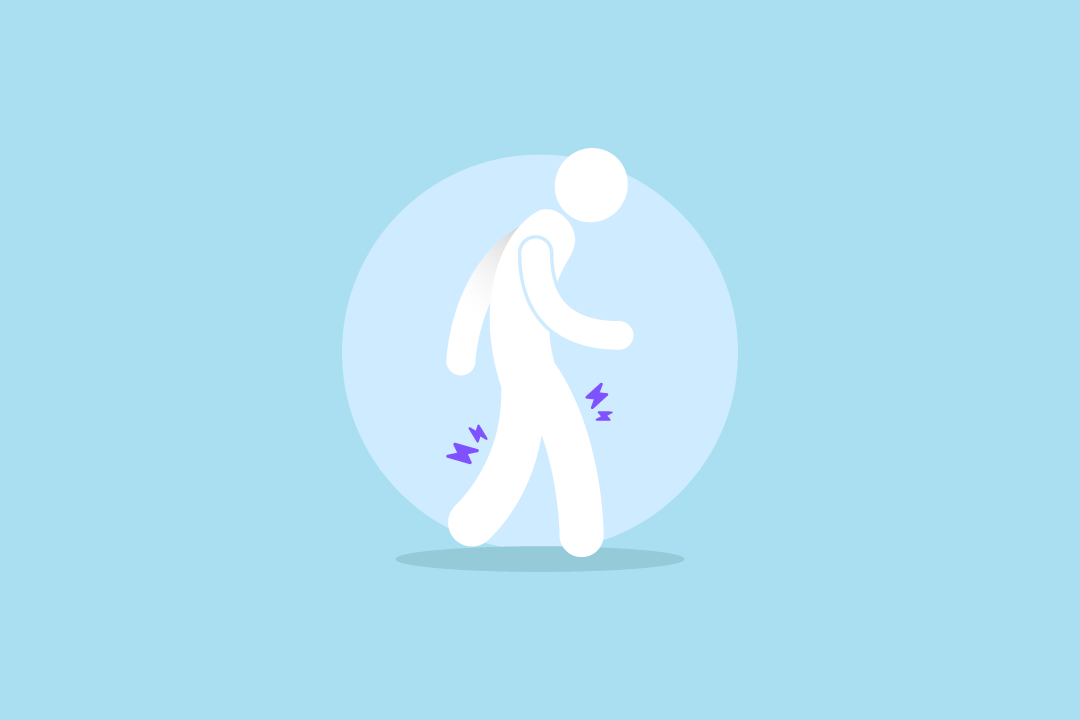What is AHS12 and Why Should We Care?
Ann Wendel, PT, owner of PranaPT, reviews her weekend presentation at the Ancestral Health Symposium held on the campus of Harvard Law School

Subscribe
Get the latest news and tips directly in your inbox by subscribing to our monthly newsletter
Today’s blog post comes from Ann Wendel, PT. Ann is the owner of PranaPT, a member of WebPT, and an active social media participant (@PranaPT). Thanks Ann!

This past weekend, I had the pleasure of doing a poster presentation at the Ancestral Health Symposium (AHS) held on the campus of Harvard Law School. It was one of the most exciting conferences I have ever attended, and I would like to share a bit about it.
The symposium is made possible through the work of the Ancestral Health Society. As explained on their website:
“The Ancestral Health Society fosters collaboration among scientists, healthcare professionals, and laypersons who study and communicate about health from an evolutionary perspective to develop solutions to our modern health challenges.
“The society’s primary role is to host the Ancestral Health Symposium, which is produced by a hobbyist volunteer model, utilizing the strengths of various individuals who proudly live an ancestral lifestyle.”
I presented on the effects of ancestral nutrition on Type 1 diabetes (T1D)—an issue that hits close to home for me because my husband was diagnosed with T1D when he was 32 years old. We had a very steep learning curve when he was initially diagnosed because T1D is a very complex metabolic problem. A little over a year ago, we started learning about the ancestral approach to nutrition and lifestyle in an effort to manage the symptoms of our autoimmune illnesses (I have Hashimoto’s Thyroiditis). Through a combination of modern medicine and following ancestral health principles, we have seen dramatic changes in our health. Ancestral nutrition (often referred to as the Paleo diet) is comprised of lean protein, vegetables, and occasional fruits, nuts, and natural fats. By implementing an ancestral approach, my husband was able to significantly decrease his insulin requirements thus providing long term overall health benefits.
At AHS, we were overwhelmed by the knowledge shared in the three days of lectures and two days of poster presentations. Lectures covered health issues from the perspective of both research and food law/policy; topics included “High Performance Evolutionary Fitness: Using Evo Bio to Optimize Training for Endurance Sports,” “Fix Our Food Initiative: A Comprehensive Approach to Food and Nutrition Reform,” “Craniofacial Dystrophy: Modern Melting Faces,” and “Minding My Mitochondria.” Several MDs and PhDs presented research that is still ongoing and has not yet been published (with strict restrictions prohibiting attendees from photographing slides during the lectures). To say that I was impressed by what I heard would be an understatement.
So, how can the Ancestral Health Symposium help you be a better physical therapist?
- As more states gain direct access, physical therapists will increasingly become the point of access to the healthcare system. Therefore, the more knowledge you can acquire about all aspects of health care the more valuable you are to your patients.
- We spend more time per session (and per week) with our patients than any other healthcare provider. This affords us ample opportunity to develop relationships and talk with our patients about not only their injury, but also all of the factors that lead to wellness (nutrition, stress reduction, sleep, etc.).
- We can offer new information to patients suffering from chronic pain to empower them to make lifestyle and nutritional changes (for example, a gluten-free diet, a gentle movement/exercise routine, or a stress reducing regimen) that may decrease inflammation and pain.
- To be great physical therapists, it’s imperative we treat every patient holistically, not just their isolated injury. This way, we can really understand the systematic impact of other wellness factors to better assist the patient in regaining functional mobility.
Approximately 50 million Americans (one in five) suffer from autoimmune diseases. Therefore, when we take a patient’s history during the initial evaluation, we must acknowledge the impact of autoimmune illnesses (AI) on that patient’s current and future level of function. We must understand the basic issues patients with AI face and design treatment plans accordingly. We should also be familiar with the signs and symptoms of AI because medical professionals frequently under-diagnose and undertreat. Additionally, be prepared to refer patients you suspect may have an AI to an appropriate specialist (endocrinologist, rheumatologist, etc.).
The AHS seminar was a wonderful experience for me, and I encourage everyone to take a look at the AHS website and read the abstracts from this year’s presentations. In the global community we now share through technology, it’s important to be aware of movements such as AHS to best meet our patients’ individual needs. Each of us can make a difference in our patients’ lives by encouraging healthier lifestyle choices to maximize nutrition, sleep, exercise, stress reduction, and a sense of community.







